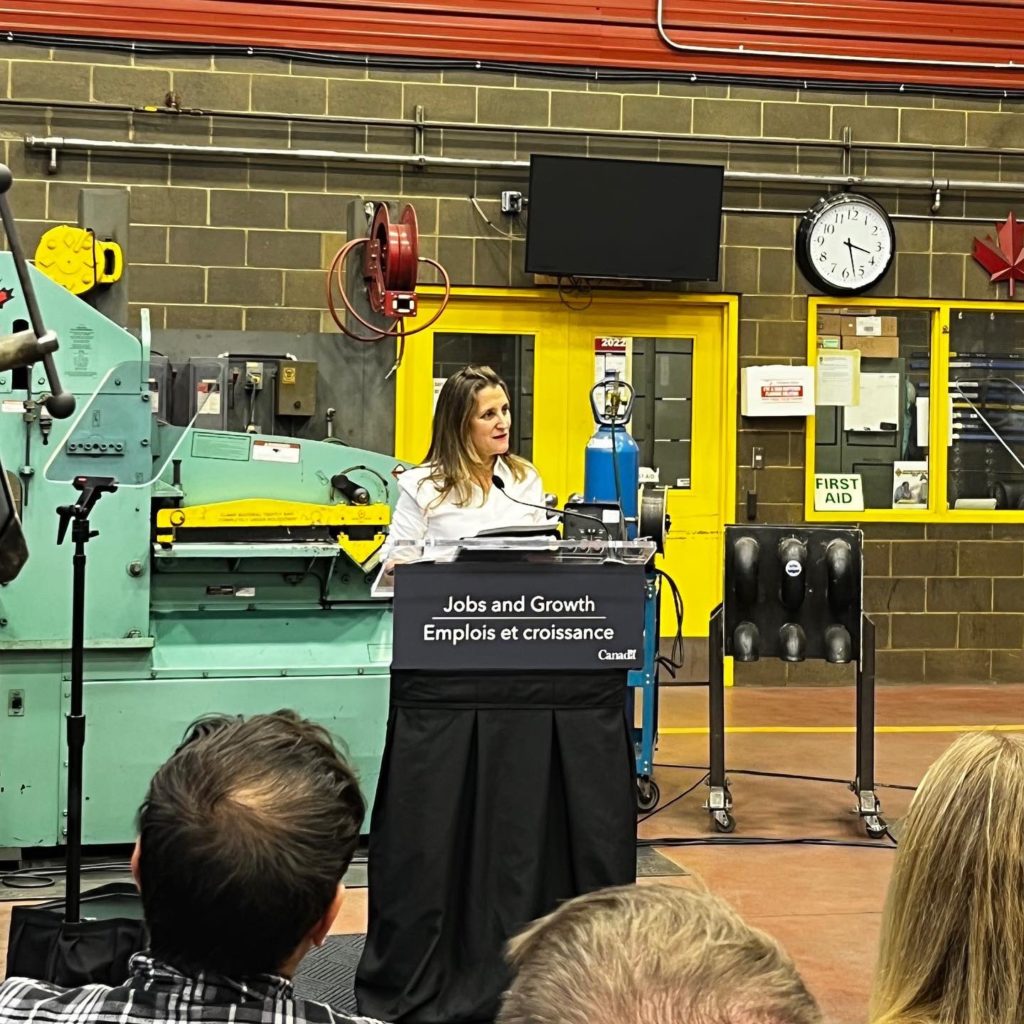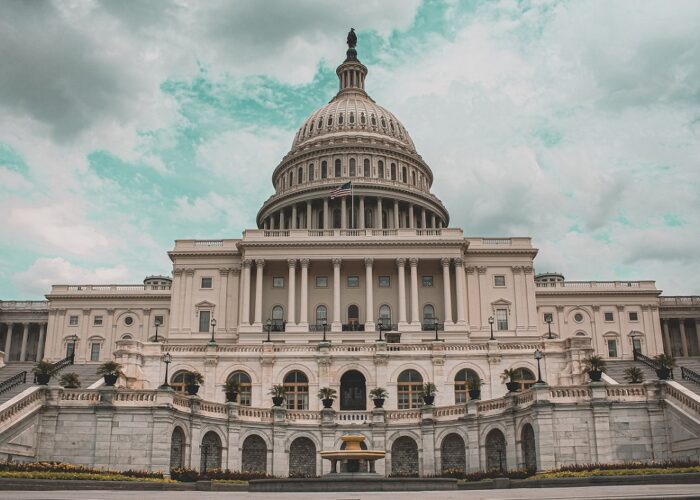
Canada’s government will introduce tax incentives for clean energy technologies, including solar PV, battery storage, and hydrogen.
Announced yesterday by Deputy Prime Minister Chrystia Freeland as part of Canada’s Fall Economic Statement 2022, the move has already been welcomed by renewable energy, energy storage and manufacturing trade groups.
Unlock unlimited access for 12 whole months of distinctive global analysis
Photovoltaics International is now included.
- Regular insight and analysis of the industry’s biggest developments
- In-depth interviews with the industry’s leading figures
- Unlimited digital access to the PV Tech Power journal catalogue
- Unlimited digital access to the Photovoltaics International journal catalogue
- Access to more than 1,000 technical papers
- Discounts on Solar Media’s portfolio of events, in-person and virtual
The government proposes to introduce a refundable tax credit equivalent to 30% of the cost of capital investment into electricity generation systems, stationary electricity storage systems, low-carbon heat equipment and industrial zero-emissions vehicles and related charging or refueling equipment. Projects that do not meet requirements on local labour conditions will get a 10% reduction in the minimum tax credit rate
A higher rate of investment tax credit, 40%, will be available for hydrogen projects that meet all eligibility requirements on carbon intensity, with incentives reducing as related carbon emissions go up. As with generation and storage, meeting labour conditions will be worth 10% of the credit.
“With major investment tax credits for clean technology and clean hydrogen, we will make it more attractive for businesses to invest in Canada to produce the energy that will power a net-zero global economy,” Freeland said.
The move comes close on the heels of the US’ Inflation Reduction Act (IRA), which introduced an investment tax credit for standalone energy storage projects, extended the existing solar PV ITC and wind production tax credits for 10 years and introduced incentives for manufacturing and hiring domestically.
Canada’s government has sought to close a competitive gap that the US’ IRA legislation’s US$369 billion of climate spending and investment looks set to open.
To read the full version of this story, visit Energy-Storage.news.







